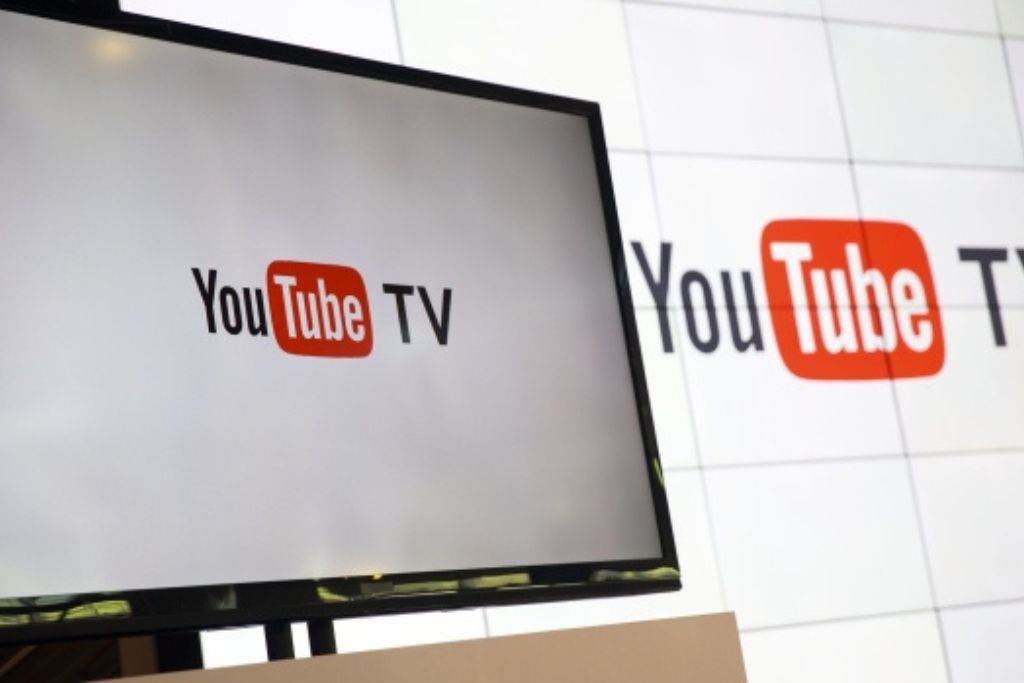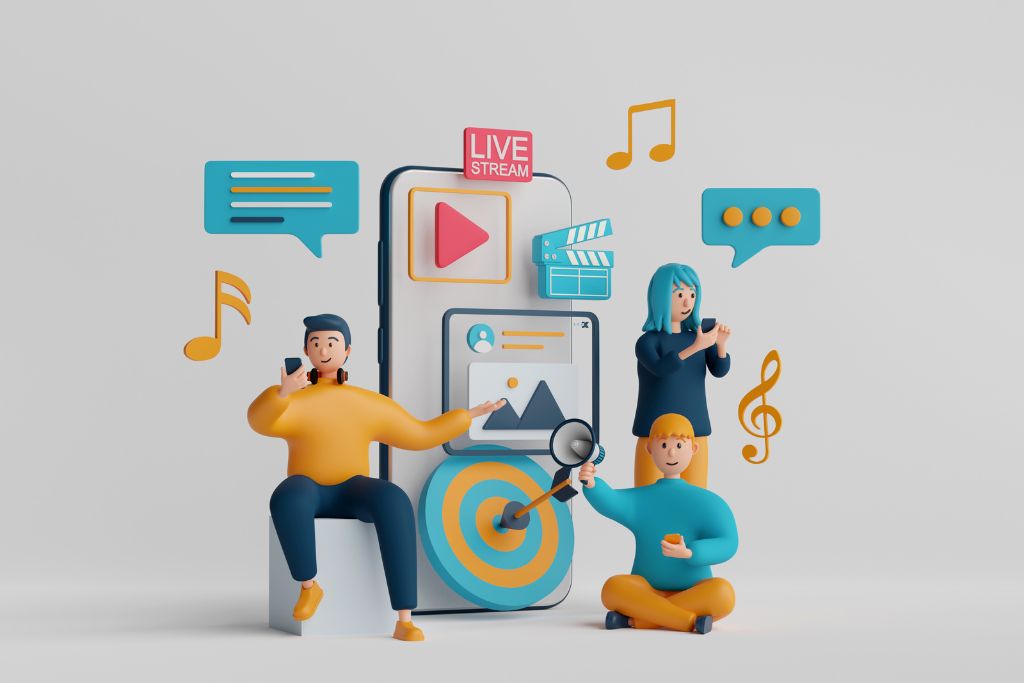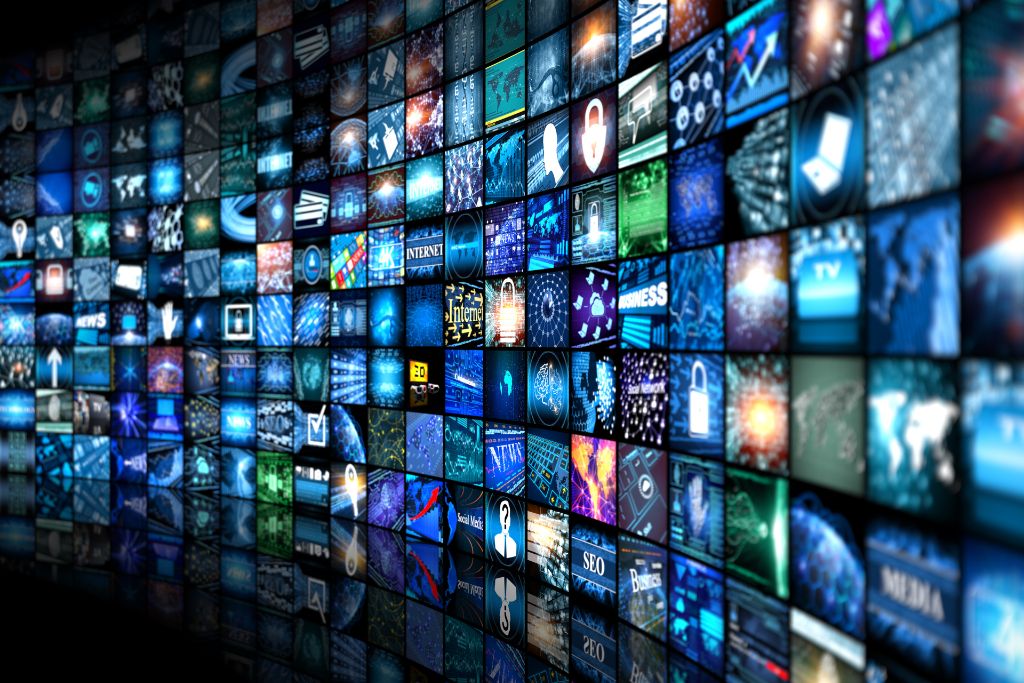Social media! Ratings and buzz on social media are the two most important factors in determining the success of a TV show today. Hashtags, memes, and fan theories that are currently popular can determine the success or failure of a television show. A show only needs one tweet to become popular, yet a lack of online engagement can be fatal to even the most potentially successful series. What impact does social media have on television? In this day and age, we’re going to discuss the benefits, drawbacks, and potential hazards of going viral.
Social media influence
Social media has transformed communication and content consumption. We have unprecedented access to information, entertainment, and each other. Twitter, Facebook, Instagram, and TikTok, with billions of users, are tremendous instruments for exchanging thoughts and moulding narratives.
Social media amplifies unheard voices. Smartphone users can now comment on TV shows or other topics without going through publishers or broadcasters. Social media is strong because it democratizes opinion. Social networking can also build communities around common interests. TV program fans can now connect online regardless of location or timezone. They can discuss plot twists in real time, guess about upcoming episodes, and make fan art of their favourite characters.
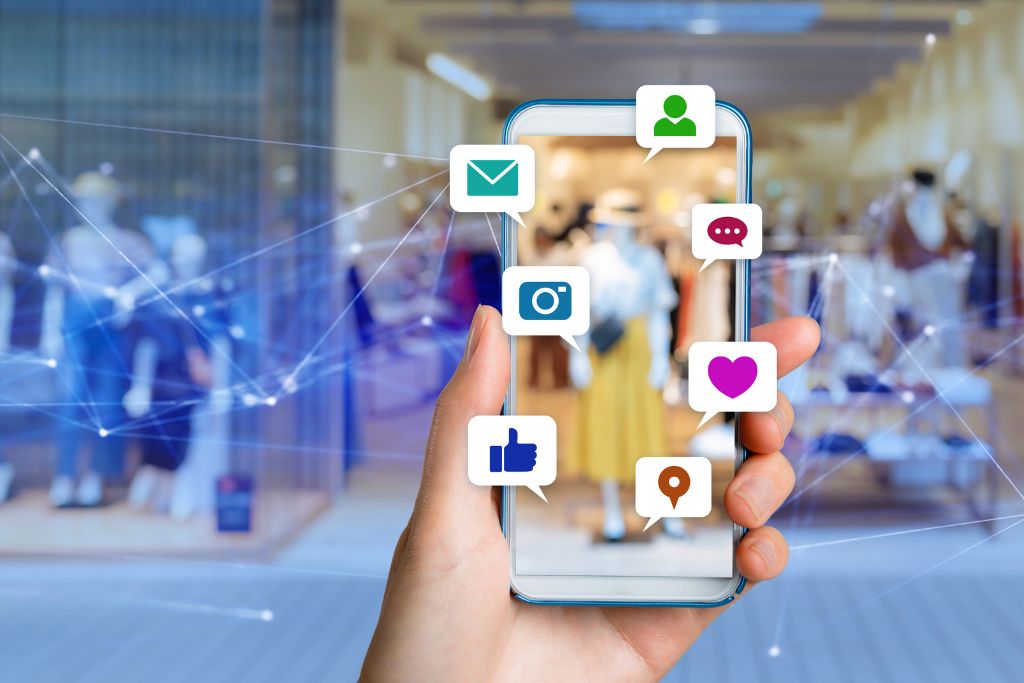
This excitement over TV shows can boost ratings and income for networks and production businesses. Producers can use rapid feedback from social media to adjust future seasons based on consumer preferences. Thus, social media empowers consumers to shape TV show narratives. Networks must now decide how to interact with these new viewers, who can make or break them.
Social media and TV shows
Social media has transformed entertainment consumption. It can build hype for TV series. Social media may also hurt a program if not managed properly.
Social media audience participation may make or ruin a TV show. Fans of a show are more inclined to watch and suggest it. Fans discuss plot twists, character developments, and predictions on social media, which boosts interest in the show.
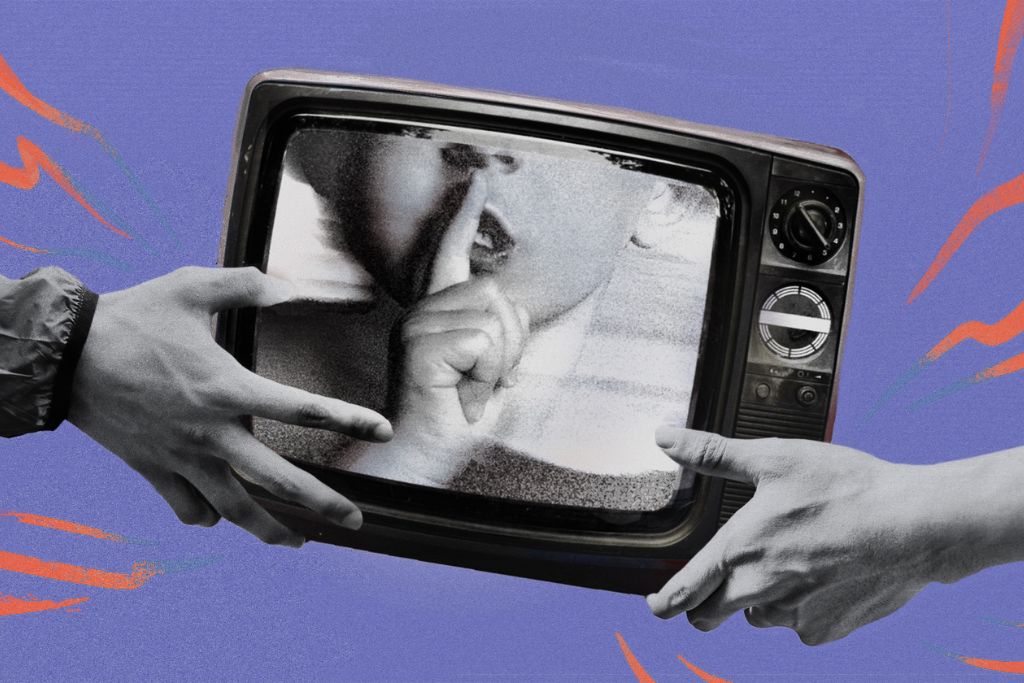
If fans get bored, this degree of engagement might hurt a show. Negative remarks on Twitter or Facebook could deter viewers or make them quit watching. Timing also affects how social media affects a TV show. The pre-launch buzz from behind-the-scenes footage or trailers can lead to high ratings. If promotional efforts fail, viewer interest drops quickly.
TV networks must closely monitor how their shows are received on social media, engaging positively when necessary and mitigating negative feedback quickly but carefully without interrupting organic conversation flow among users reviewing episodes, etc., or audiences may find something else worth talking about!
The good, terrible, and ugly of virality
TV shows can benefit and suffer from virality. It can draw huge crowds and propel production to new heights. However, unfavourable publicity can ruin a show’s reputation. Going viral is fantastic for buzz. Social media conversations about your show go well beyond traditional advertising. Organic advertising from actual individuals who are passionate about your material is priceless.
Going viral has drawbacks. Negative viewer comments may swiftly spread online and undermine even the most popular shows. If enough viewers dislike a show, this poor PR might terminate it. When brands push too hard to go viral with attention-seeking antics or scandalous plotlines that border on offensive, it can backfire and damage their reputation and long-term growth.
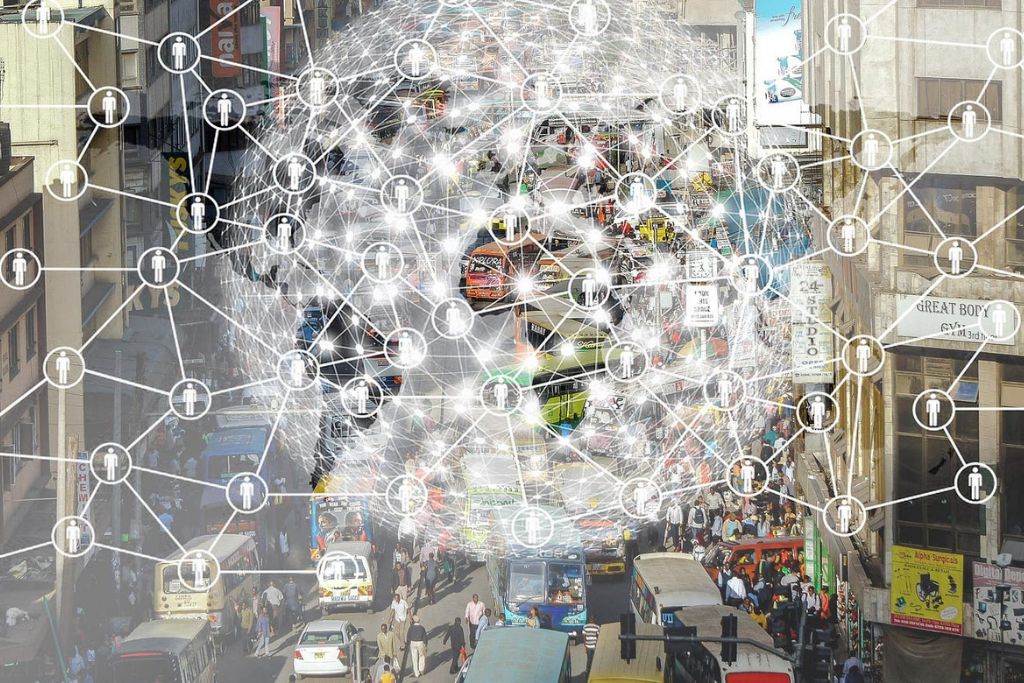
While going viral on social media has huge potential benefits for TV shows looking to attract new audiences, it’s important to take calculated steps to avoid pitfalls!
Social media strategy creation
Your TV show needs a social media strategy to become viral and impact viewers. First, determine your target audience and their preferred channels. This will let you customize material to their tastes.
After identifying your audience, create a content plan that matches your show’s themes and messaging. Post consistently to engage your audience.
Respond to followers’ comments and communications quickly. Ask open-ended inquiries or hold contests to get their show opinions.
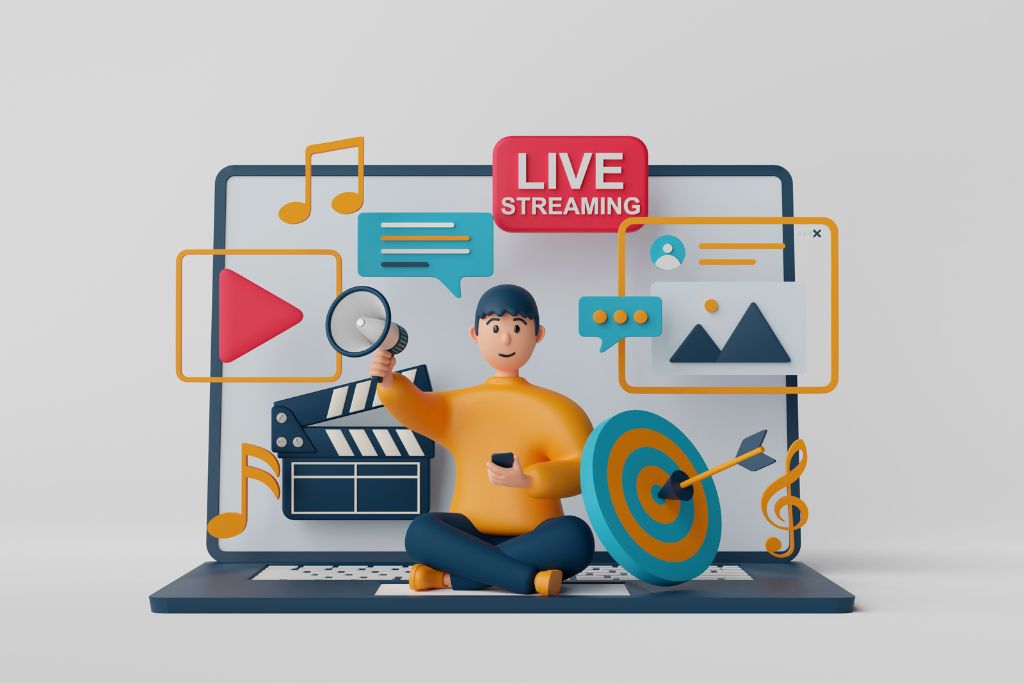
SEO-optimize your social media profiles. Keywords in captions, tags, descriptions, etc. improve search results. Track interaction using social media analytics tools like Facebook Insights or Twitter Analytics to see what content works best. Data-driven strategy adjustments. Keep trying different ways to engage users and promote the TV show across media!
TV show debates on social media are becoming more influential. Twitter, Facebook, and Instagram are changing how we watch TV. This has spurred discussions about whether social media buzz improves or detracts from TV shows. TV consumption and intelligence is one such debate. “Watching TV Makes Us Smarter Debate” explores both sides of this debate.

